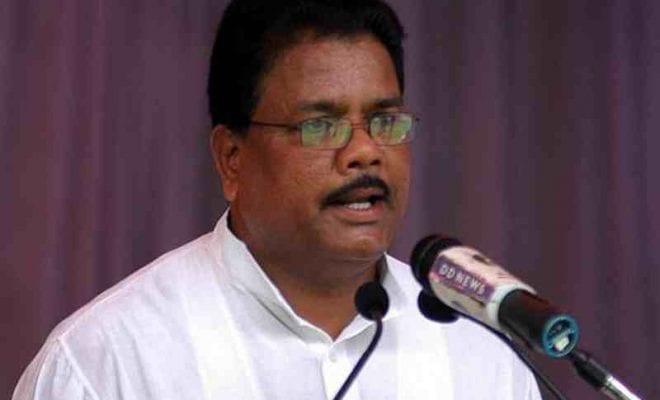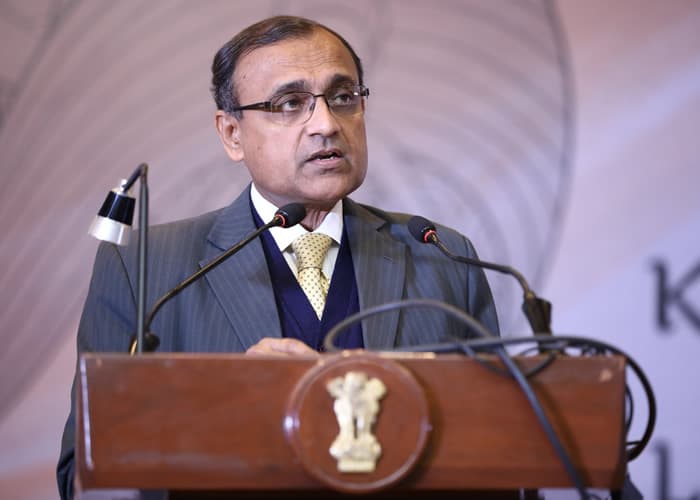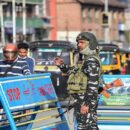Assam: Ahead of state elections, Himanta Sarma challenges Congress President Bora

Last updated on February 16th, 2021 at 07:07 am
Himanta Biswa Sarma made a counter punch at the Congress state President Ripun Bora’s statement, in which latter said that the ruling BJP government would be easily defeated by his party in the upcoming assembly elections. On Monday, Bora said that Hindu nationalist party, BJP would be “swept away by the tsunami caused by the Congress and its allies”.
Sarma said that the only place where Bora’s party could obtain electoral “tsunami” was Bangladesh. Sarma’s statement appeared to be reiteration of his previous comment, which he made a few days ago stating that Congress could win 100 seats “only in Bangladesh”.
In his recent reply to Bora, Sarma said, “Ripun Bora should know that tsunami comes in the sea. It does not come in a river. We (Assam) live on the banks of the Brahmaputra. A tsunami comes in a sea and Bangladesh is next to a sea. Therefore, Ripun Bora’s tsunami can come only in Bangladesh. We are a riverine civilisation and will enjoy the calm breeze from the river.”
Both the party leaders have been gearing for the state Assembly election, expected to be held in April. To keep the BJP from returning to power, several opponent parties including Congress, All India United Democratic Front (AIUDF), three Left parties and a regional party joined hands to form the Anchalik Gana Morcha (AGM). The alliance adopted a more secular approach to combat BJP’s Hindutva strategy. The AIUDF, led by Lok Sabha MP Badruddin Ajmal, said that party’s large Bengali-origin Muslims support base would increase the alliance’s chances of gaining victory.
Sarma questioned the rival alliance’s non-communal policy, stating that if Ajmal and his party was not communal, then Congress leader could take him “on his lap” and also take his surname ‘Ajmal’ to name his relatives. Sarma’s statement was a reaction to Bora’s previous comment, in which he stated whether AIUDF was a communal party or not was a decision to be taken by the Election Commission or the Constitution of India. He added that neither of the two defined Ajmal or his party as communal.



